Creating a wilder, healthier, more colourful world
Playing our part in tackling the climate emergency and reducing our negative environmental impacts are key to achieving our mission of saving species from extinction. We are committed to improving environmental performance and embedding sustainability into all our operations, to not only mitigate but maximise the environmental outcomes of our operations and conservation work, whilst reducing our associated greenhouse gas emissions. This will ensure our mission and values are reflected in the actions we undertake, to create a wilder, healthier, more colourful world.
We are working to reduce our operations’ greenhouse gas emissions. To achieve this, our focus is to decarbonise our operations as much as possible. We have already invested in several sustainable technologies to reduce our impacts, as outlined in our sustainable technologies section below.
Our Sustainability practices
Sustainability and conservation are intrinsically linked, and themes such as sustainability, energy conservation and community involvement will continue to be of growing importance if we are going to save species from extinction and the ecosystems they come from.
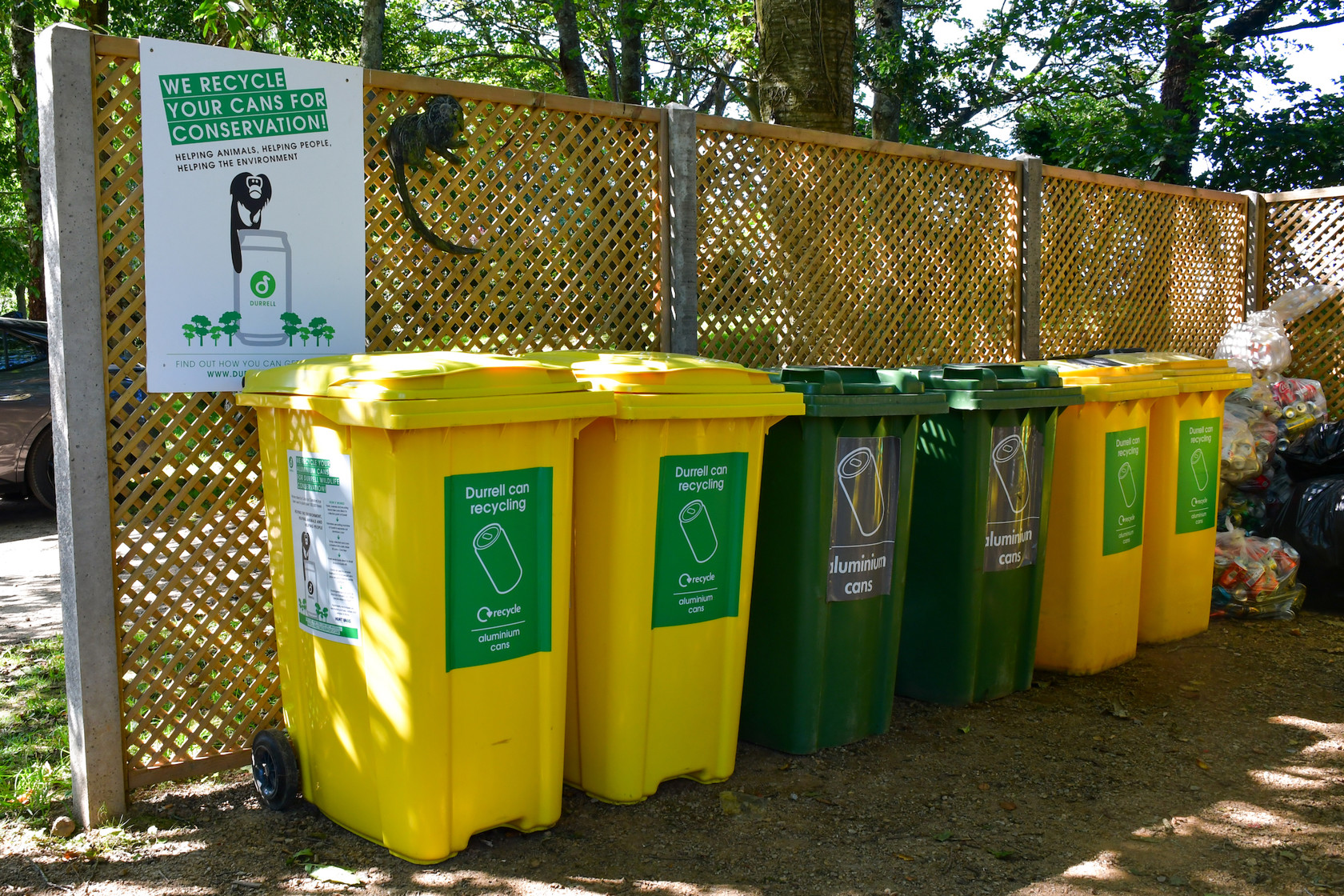
Cans for Corridors
Recycling your cans with Jersey Zoo and help us grow a rainforest. Through our community fundraising project, Cans for Corridors, at Durrell we use money raised through recycling aluminium cans to help plant tree corridors, restoring links between fragments of degraded Brazilian rainforest. This forest is home to some of the most unique wildlife in the world, including the black lion tamarin, a species you can see at Jersey Zoo. Recycling 50 cans plants 1 tree in Brazil.
Learn more
Emissions balancing through Rewild Carbon
Rewild Carbon is our colourful and impactful climate solution, enabling us to balance our carbon and biodiversity impacts by reviving the Atlantic Forest through planting tree corridors and providing safe habitats for black lion tamarins (and many other species!). We have been measuring and compensating our scope 1, 2 and 3 emissions through Rewild Carbon. We have measured back to 2017. We cannot continue business as usual and so are focusing on reducing our emissions where possible. However, as we continue to decarbonise, we will compensate our emissions that currently cannot be avoided.
Learn more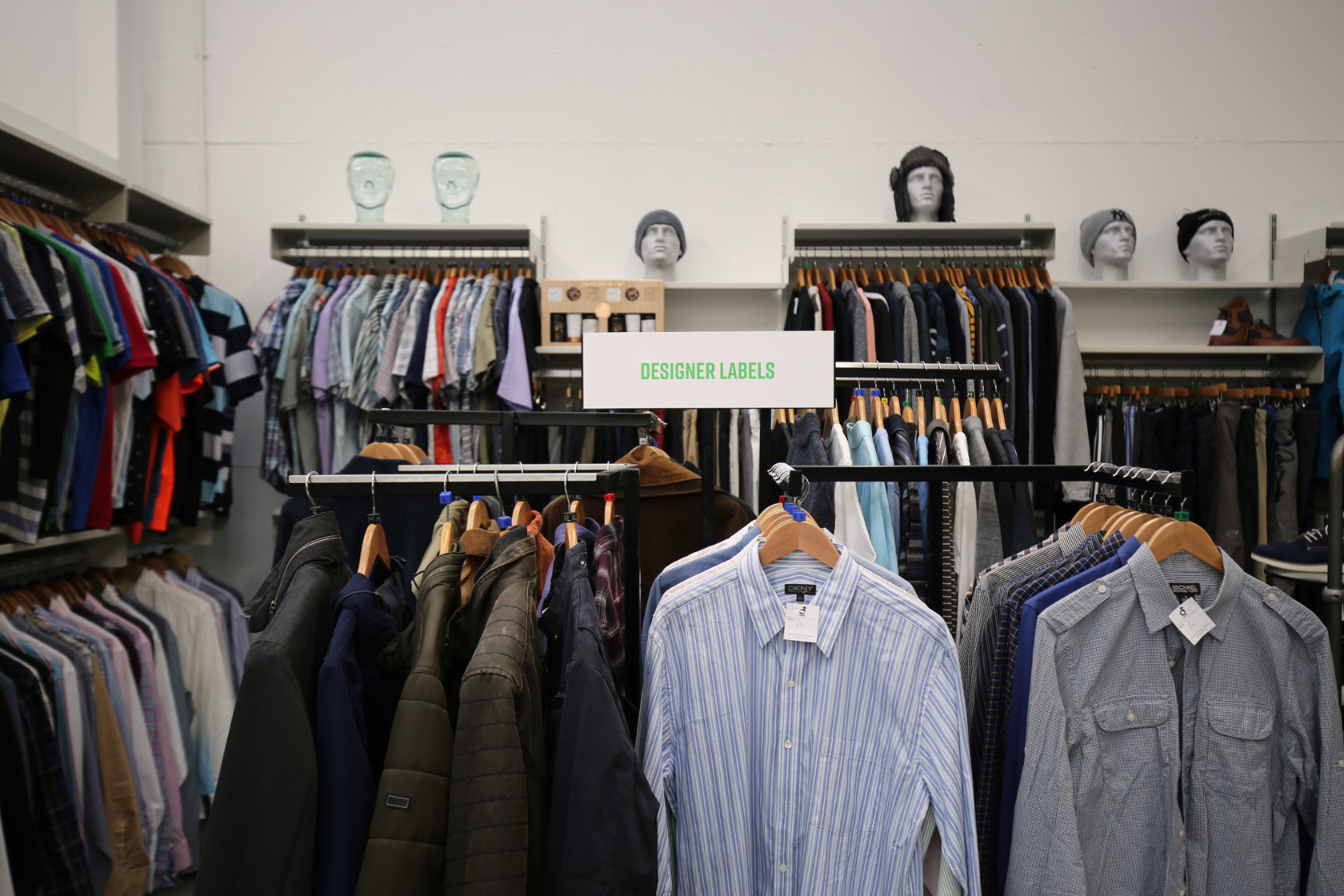
Durrell Charity Shop
‘Reuse, Recycle, Rewild’. Our charity shop offers Islanders a place to donate unwanted items to be resold and reused, keeping them in circulation, placing sustainability at its core, whilst raising vital funds to deliver Durrell’s conservation work. The charity shop is a low energy demand building, served by solar panels installed on the roof. We also offer our ‘Selected by Durrell’ range of new sustainability-related items in the Charity Shop, which are made from either recycled materials, to encourage sustainable living choices and nature connection.
Learn more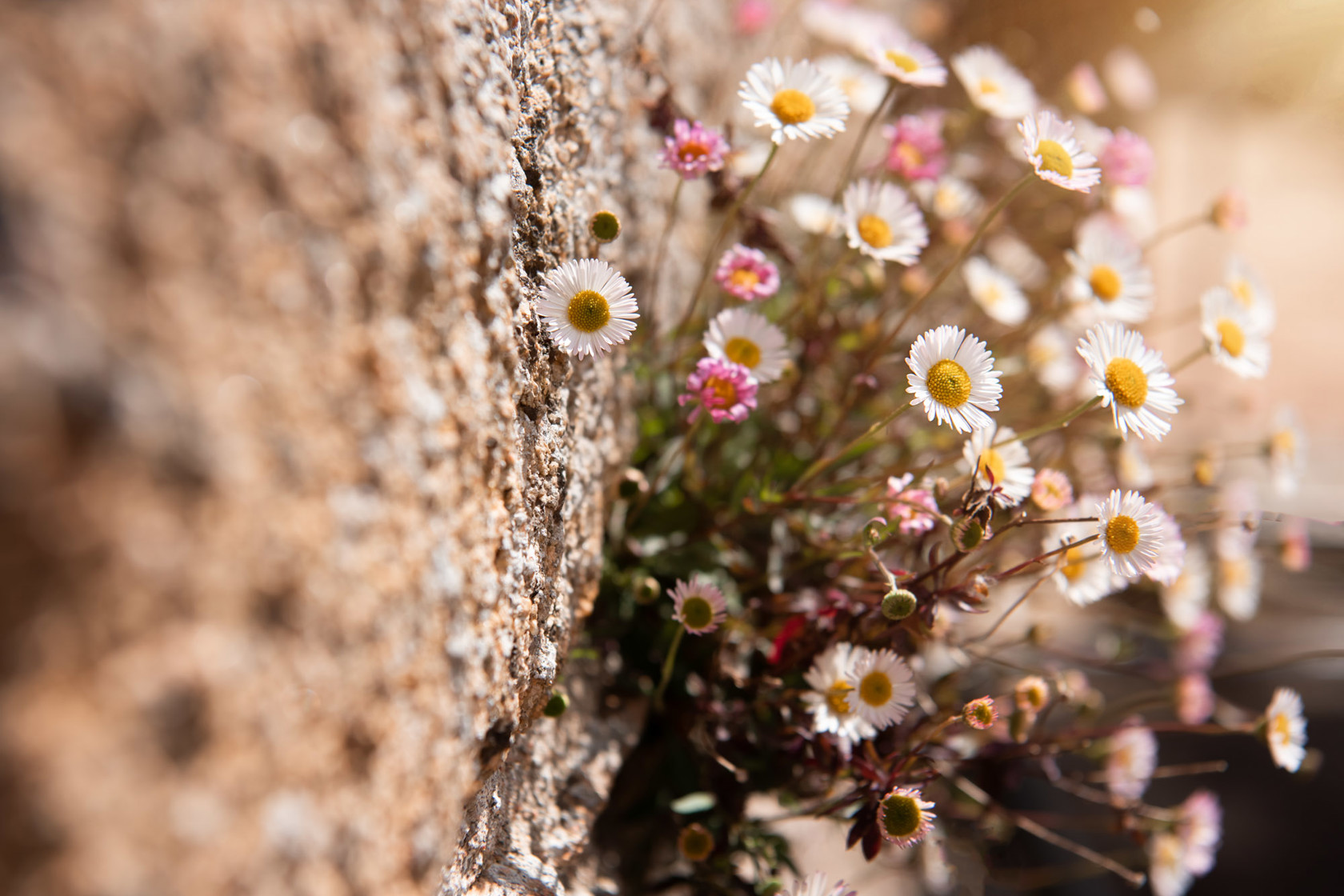
Energy
Although Jersey is fortunate to have an electricity supply that is already low-carbon, it is important to recognise that it still has a carbon footprint. We are investing in a number of technologies to measure our energy consumption and in turn identify energy saving opportunities, as well as installing micro- generation renewable energy technologies, such as solar PV and air source heat pumps, as outlined below.

Zoo buildings and enclosures
Many of our buildings and animal enclosures were built in a way to minimising our environmental impacts and running costs. Our bat house is a prime example of sustainable building practices, constructed utilising old car tyres rammed full of earth as the building blocks, they are a perfect way to passively heat the building. Rammed earth tyres have a high thermal mass and so store heat during the day, and then release it overnight when the temperature falls.
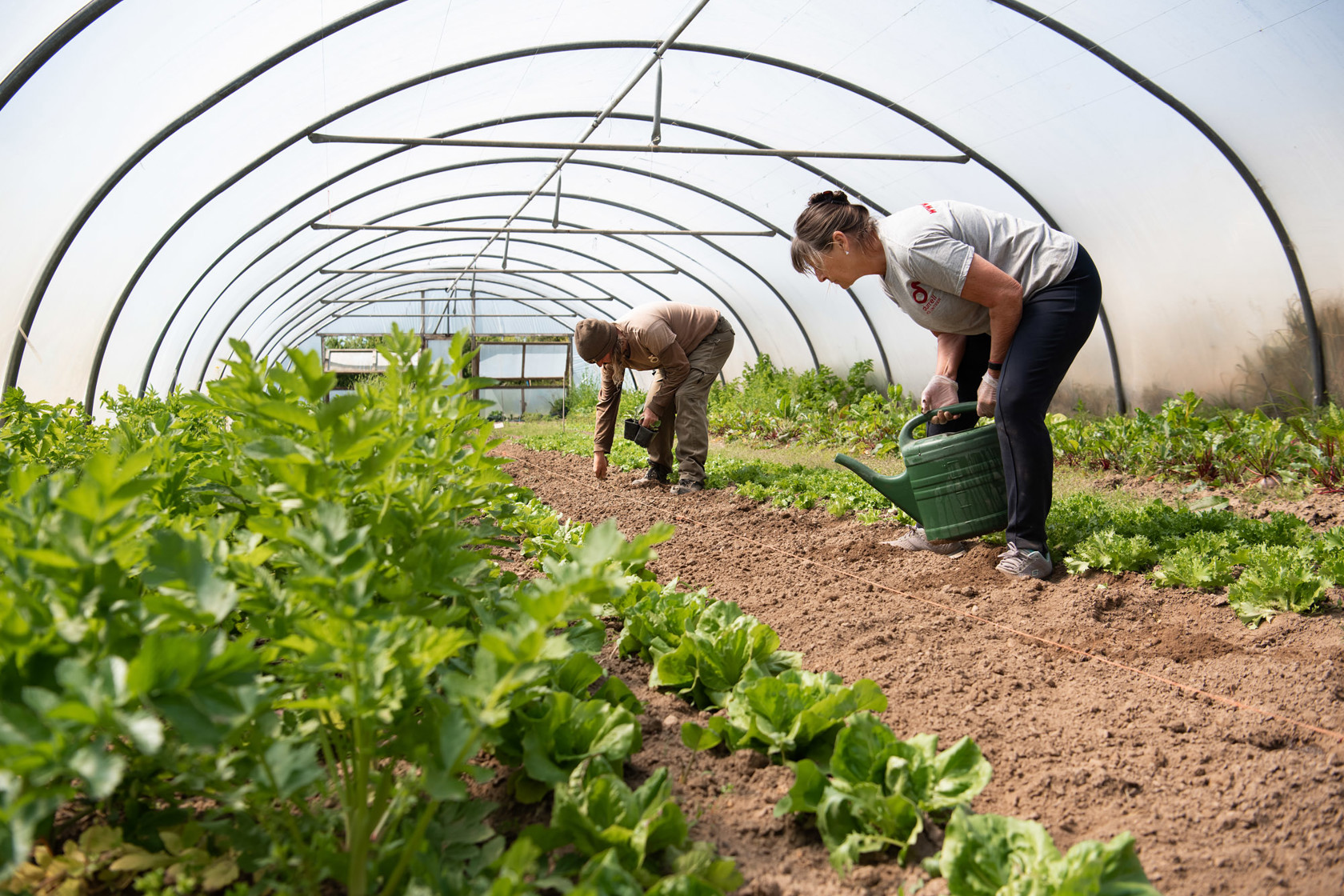
Waste
We are striving to improve our waste management practices, practicing responsible consumption and production, to minimise the amount of waste produced. One example where we have adopted circular economy principles on site in though how we manage our site’s vegetation. Our composting machine creates fertiliser from site vegetation and animal waste, which is then used on our organic farm and back in our Zoo grounds.
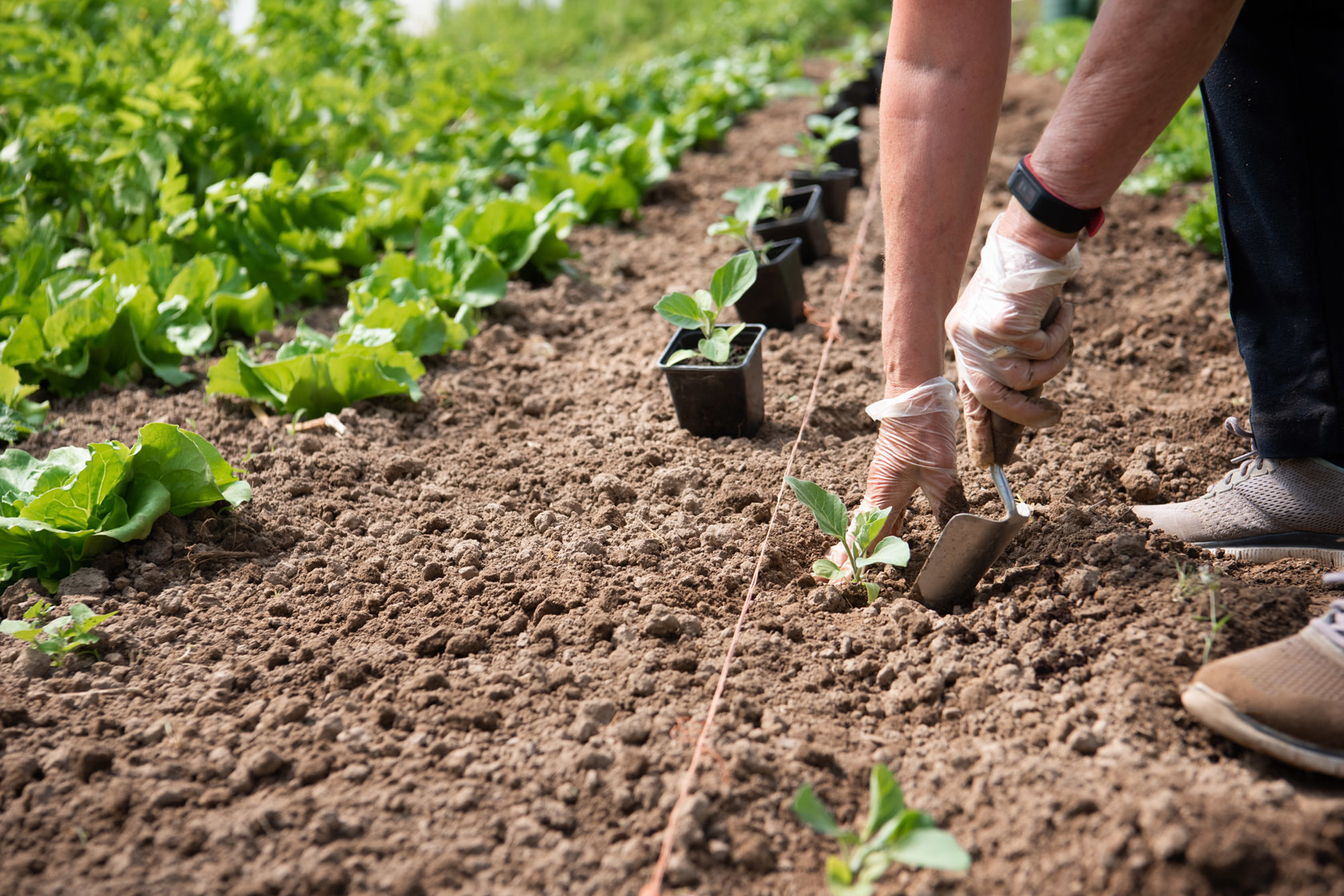
Organic farm
Our organic farm uses an eco-friendly “no-dig” method of farming to improve soil health and maintain growing all year round. Last year, the farm produced a fantastic 3,000kg of food. Most of the produce feeds the zoo’s animals, including some of the world’s most unique and endangered species. We grow a range of fruit and vegetables on the farm, in our 5 polytunnels, fruit cage and field depending on the season.
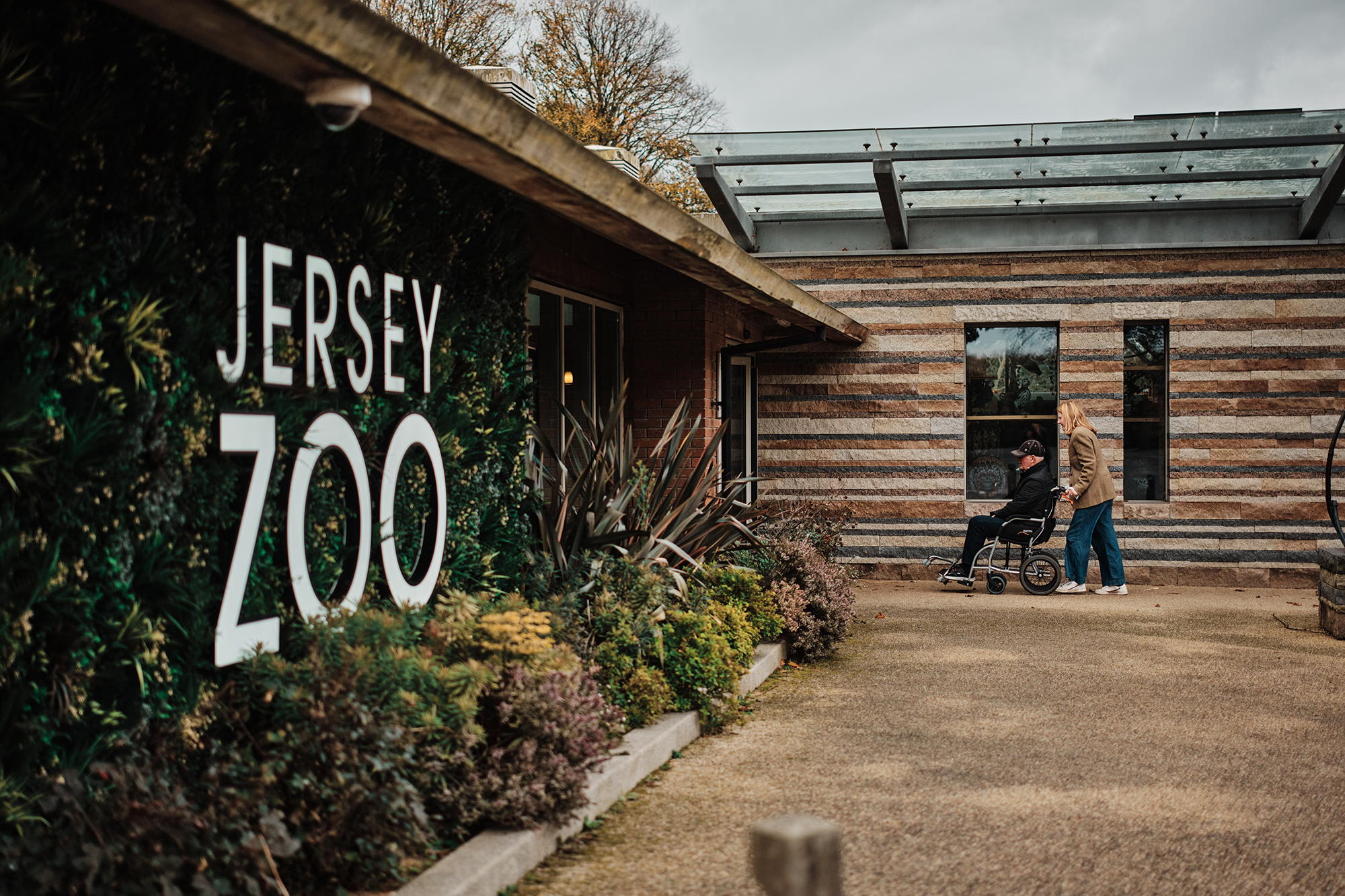
Sustainable travel to Jersey Zoo
Sustainable travel is key to reducing carbon emissions. There are multiple green ways to get to Jersey Zoo! The zoo is on three bus routes from Liberation Station in St Helier; the number 3, 13, and 23. Pack your headphones or a good book and enjoy the journey. Alternatively, put the pedal to the metal and cycle your way to the zoo! We have sheltered bike racks in our front car park. If travelling by EV, top up for the journey home with our on-site EV charging station.
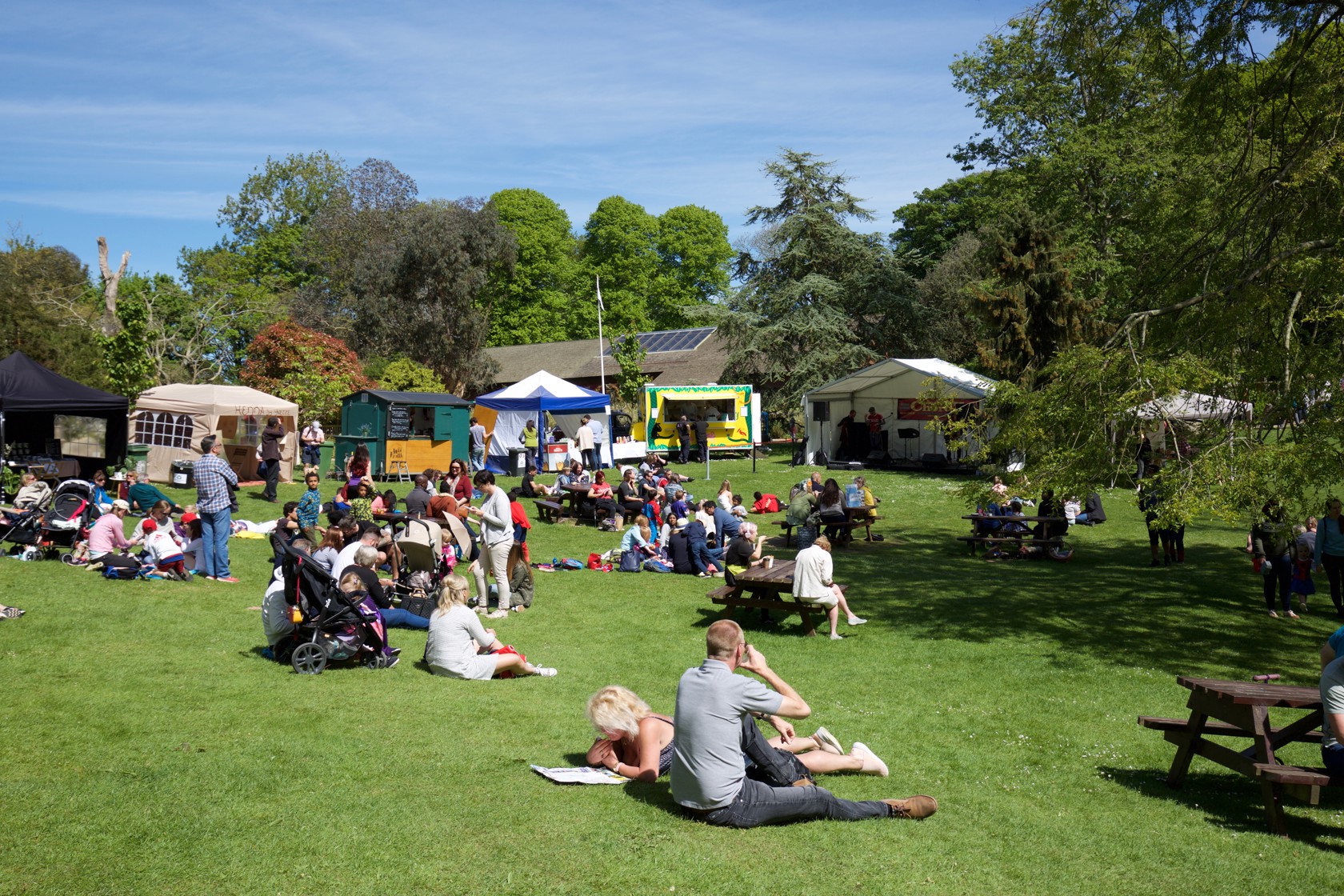
Sustainable events
Embedded sustainability into our operations includes how we deliver our events. We have made lots of improvements to make our events even greater through sustainable practices. As part of the Durrell Dash, we have switched t-shirts to planting trees for each runner, through Rewild Carbon, we’ve switched medals to wooden materials, bottles to canned water to be recycled with Cans for Corridors and orange slices to avoid unnecessary food packaging or waste.
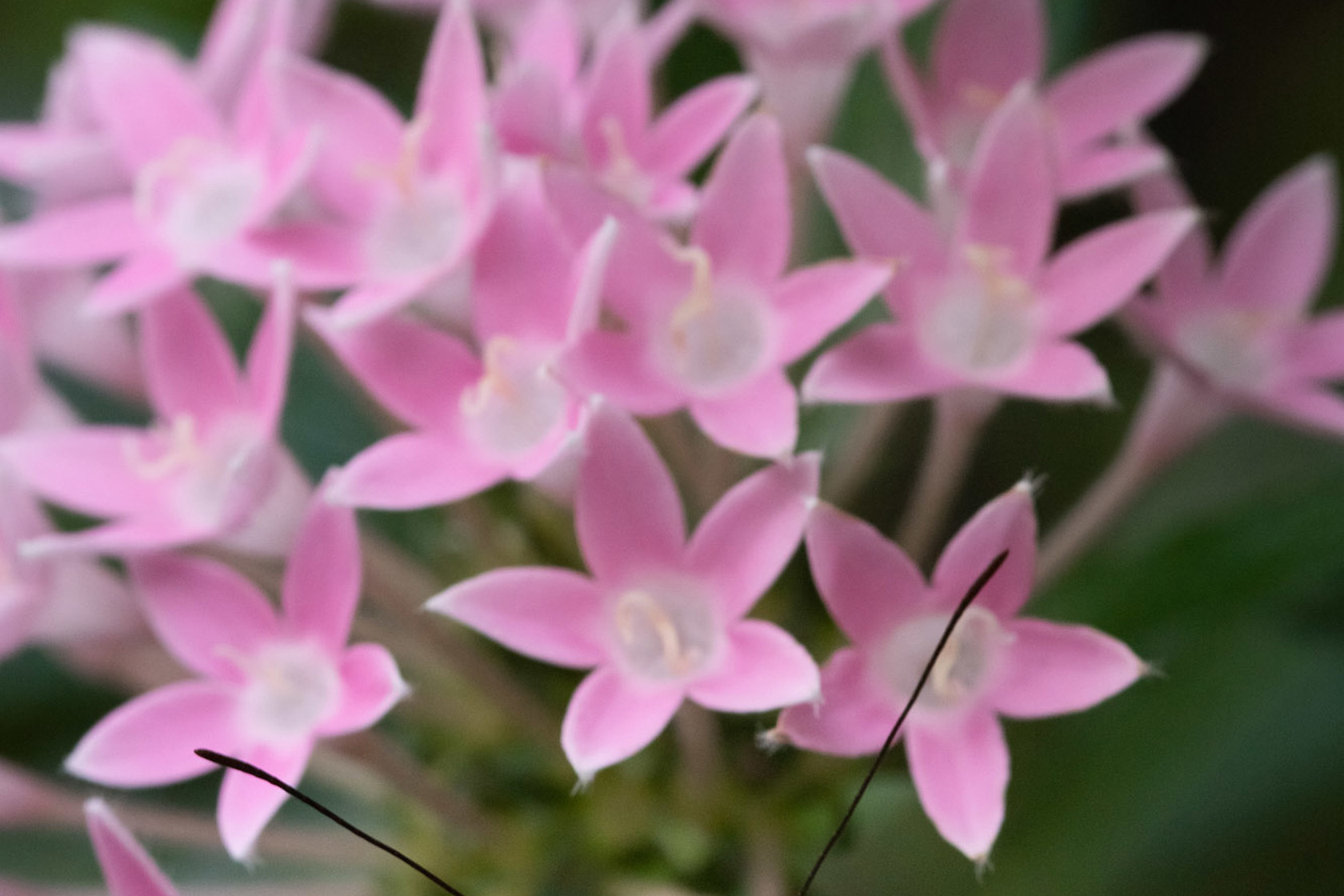
Internal Sustainability Action Group
We have an internal Sustainability Action Group, which is a multi-departmental zoo working group. The group meet regularly to discuss the following: - Share sustainability-related good practice at Jersey Zoo amongst the various departments - Highlight key areas where we could improve sustainability and generate action targets - Embed sustainability into all areas of the Zoo.
Our Sustainable Technologies
To play our part in tackling climate change and biodiversity loss, we are working to reduce the environmental impacts of our operations, by reducing our carbon emissions. At Jersey Zoo, we #InvestInOurPlanet by using more sustainable practices in everyday operations. We already have several great initiatives in place, including:
Solar PV
We have installed a 75kW solar PV array on the roof of the Durrell Charity Shop, consisting of 242 solar panels, powering several buildings at Durrell HQ.
Air source heat pump
We have installed two air source heat pumps in our Visitor’s Centre. This low-carbon pump converts air into hot water as a source of heating to keep our visitors and staff warm.
Environmental management systems
We have installed climate control systems in our bat house, butterfly and Aldabra tortoise tunnels, which allows the temperature and humidity to be controlled to a greater degree, keeping our residents happy.
Electric vehicles
We are gradually expanding our fleet of electric vehicles, to decarbonise our on-island transport. We are the proud owners of 2 electric vans, supporting our Logistics and Maintenance teams. Also our animal keepers travel emissions free, in our 6 electric site buggies, helping them get from A to B on site.
Electric vehicle charging
We have two electric vehicle charging stations installed in our public carpark for visitor use. We were fortunate to be the first visitor attraction on the island to install EV charging facilities. However, technology is rapidly developing and faster charging systems are available, so we will update our EV charging provision in the future.
Active travel
We have invested in 5 cargo bikes, to support our staff to travel via low-carbon and active travel modes whilst on site.
Energy metering
We are in the process of installing energy metering on site, to enable real-time monitoring to provide detailed understanding of our site’s energy consumption, to identify energy saving opportunities.
Compost machine
In 2022, we procured a new compost shredding machine. This vital piece of equipment is helping us process and manage all the animal waste and bedding as well as the landscaping waste produced on site to make compost. As the zoo itself produces copious amount of zoo poo compost every year, we have no shortage of material to put on our farm soil and site.
Rainwater harvesting
Water is a precious resource here in Jersey, relying purely on rain as the Island’s fresh water source.
To reduce our water consumption, we have installed rainwater harvesting tanks to make use of grey water to flush our toilets in our cafés and outdoor toilet block.
Sustainability in our Cafés
Durrell continues to champion a more sustainable approach to hospitality and dining and provides guests with nutritious meals throughout the year. We work hard to be inclusive, source our ingredients locally and ensure any animal-related products are from high welfare standard sources whilst minimising any waste we generate.
Tackling food waste
Tackling food waste is a priority for our cafes. Our great Hospitality team have implemented a number of food waste prevention methods that has reduced food waste in both cafes by 8kg per day.
We also use ‘wonky’ vegetables in our soups. Misshapen and unique, all nutritious vegetables are loved in these kitchens!
Learn more
Tackling plastic
At Jersey Zoo, we are determined to #BeatPlasticPollution. We have removed the sale of all plastic single-use bottles from our cafes, replacing them with aluminium cans that are 100% recyclable. The aluminium can be donated to our Cans for Corridors project to help plant trees in Brazil.
Tackling single use
To reduce single use packaging and avoid unnecessary waste, we offer 10% off hot drinks for customers who bring in their own reusable cup for takeaway drinks.
This discount is available in both of our cafes. Just have your cup handy when you approach the counters.
Join us in our efforts to reduce waste and single use packaging by bringing a reusable cup with you to our cafes for your hot drinks.
Save cups, money and the planet. Reduce, reuse!
Jersey Zoo is palm oil free
Durrell have zero tolerance for the use of palm oil in any products procured. No food or products sold in our Cafés or Gift Shop contain palm oil. This is in response to the devastating impacts of unsustainably produced palm oil, such as deforestation and loss of biodiversity.
Our Hospitality Team regularly check our suppliers and ingredients to uphold this policy and ensure our stock is palm oil free.
Organic tea and coffee
Our tea and coffee are supplied by local company Coopers, long-standing members of the Fairtrade Foundation and the Rainforest Alliance.
We sell Sumatra Mandheling organic coffee, which aligns with our conservation work with the Sumatra orangutan here at Jersey Zoo and our sustainable farming that we practice on our organic farm.
Tackling food miles
Durrell continues to champion a more sustainable approach to hospitality and dining and provides guests with nutritious meals throughout the year. We work hard to be inclusive, source our ingredients locally and ensure any animal-related products are from high welfare standard sources whilst minimising any waste we generate.

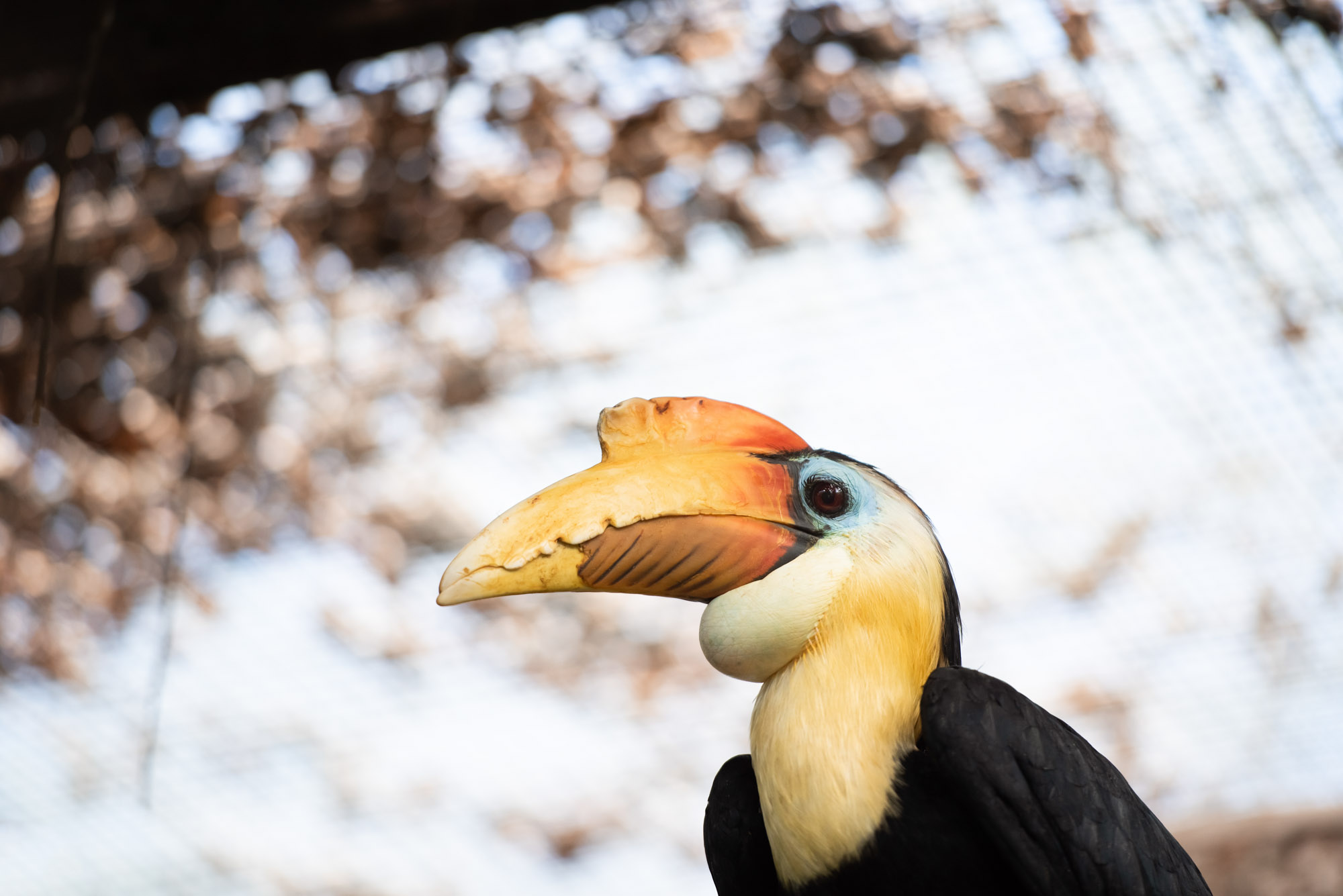
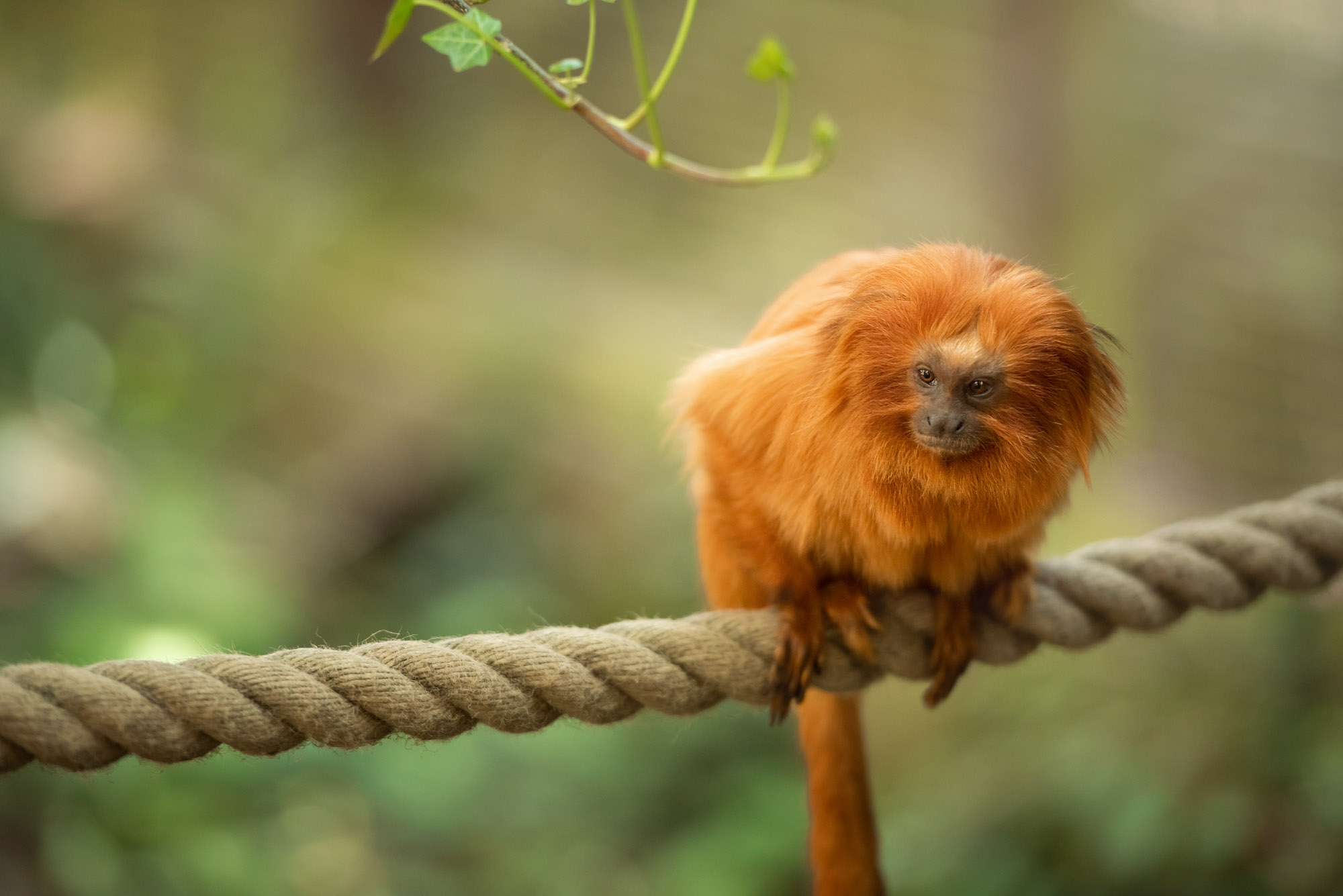
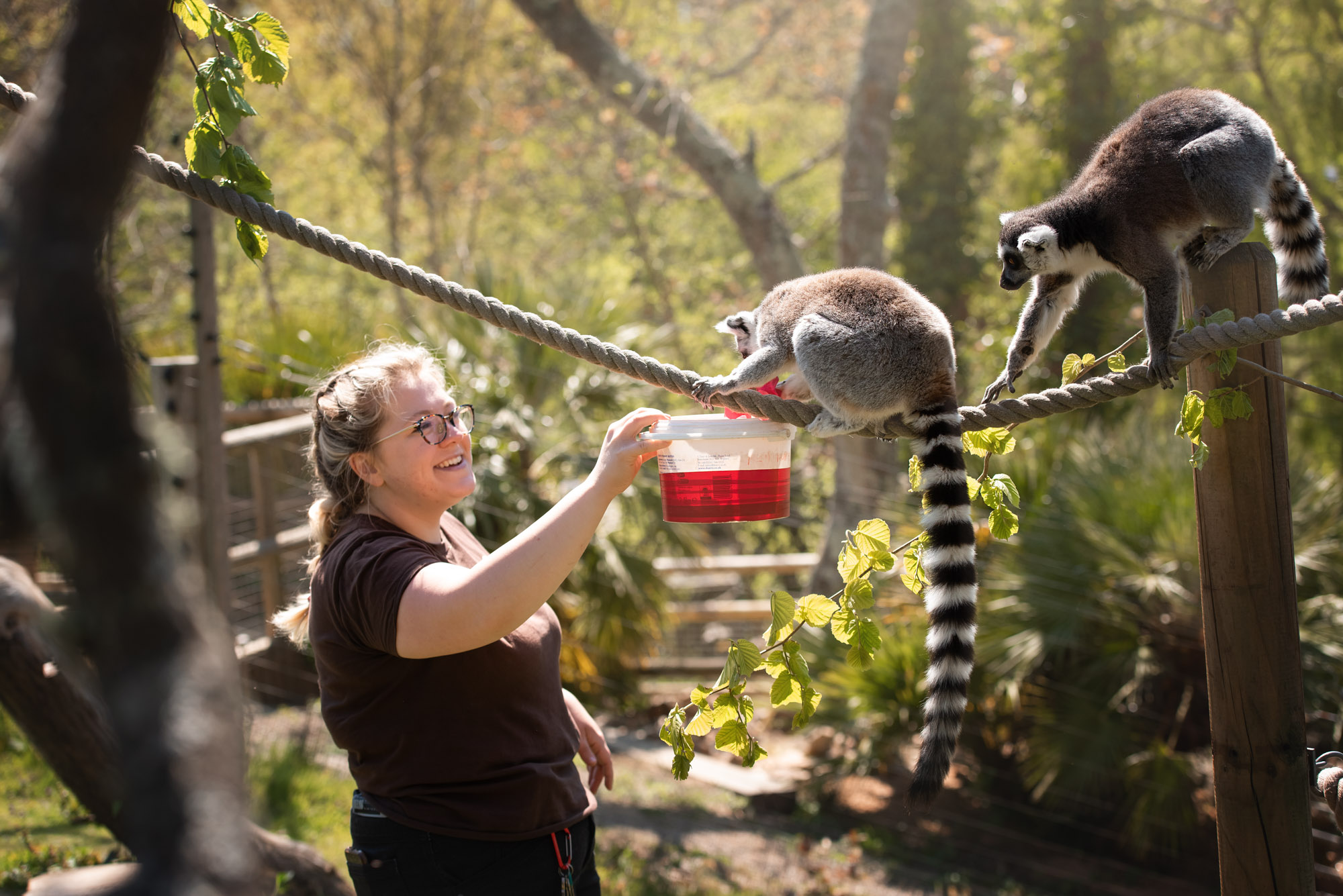
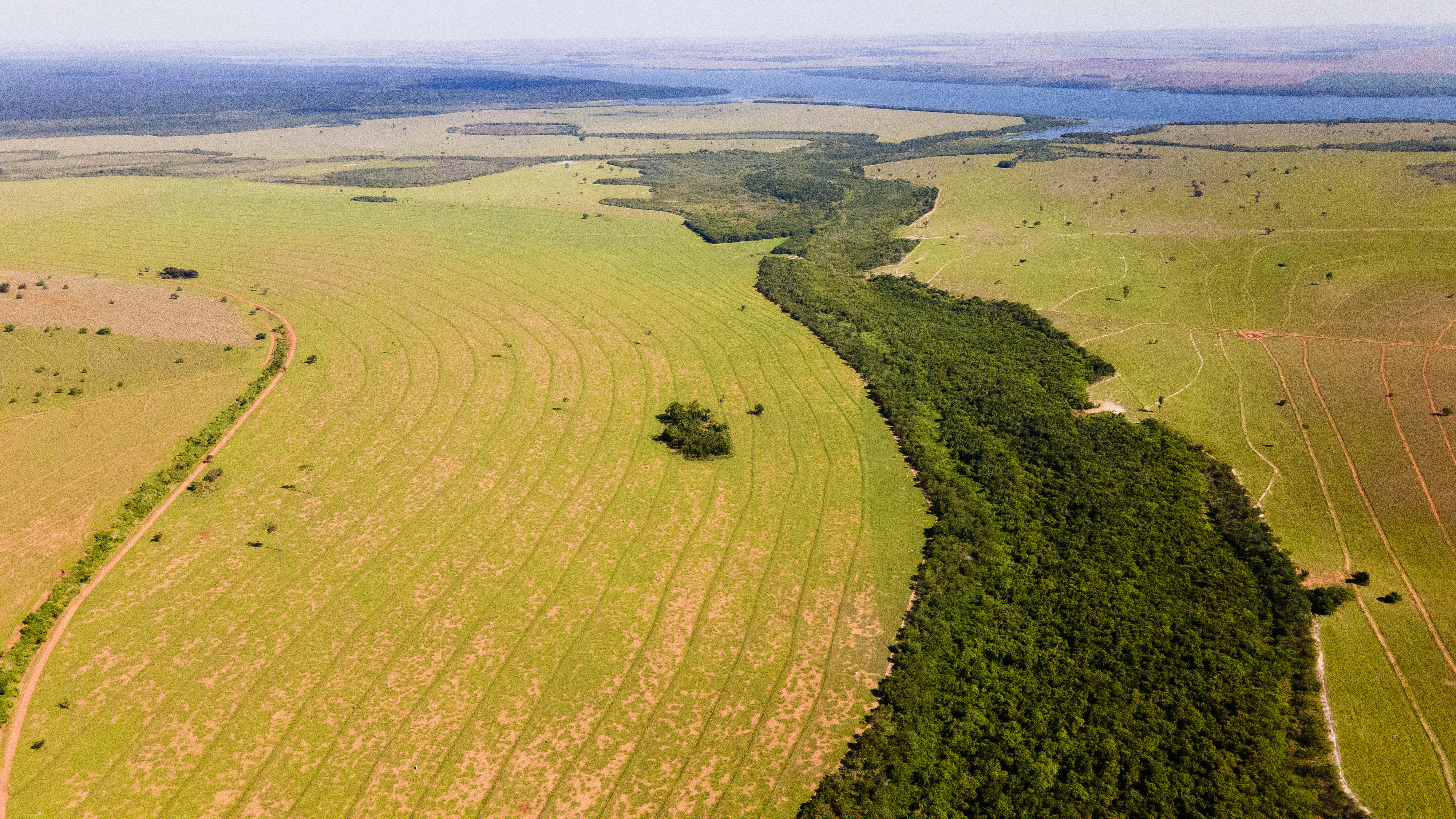
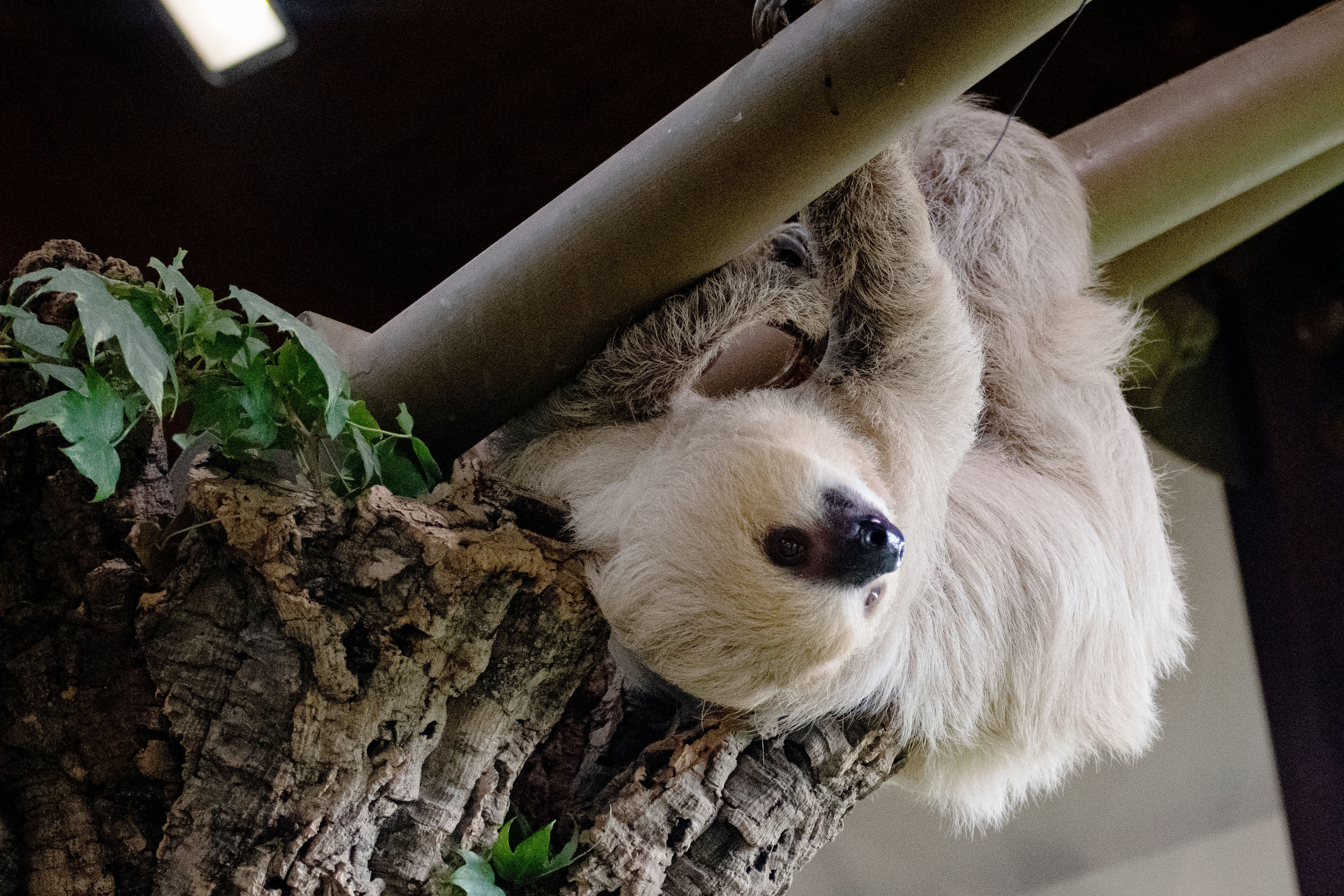
![Umbraco.Cms.Core.Models.MediaWithCrops`1[Website.Models.Image]](/media/no0jxdin/organic-farm-2021-19.jpeg?width=1680&height=1120&quality=90&v=1d951a81e585000)
![Umbraco.Cms.Core.Models.MediaWithCrops`1[Website.Models.Image]](/media/vwyn03as/forest_corridors.jpeg?width=1680&height=1120&quality=90&v=1d8f4ff4fcafad0)
![Umbraco.Cms.Core.Models.MediaWithCrops`1[Website.Models.Image]](/media/01mbyjjm/cake3.jpg?width=1680&height=1120&quality=90&v=1d856682ec0bb80)